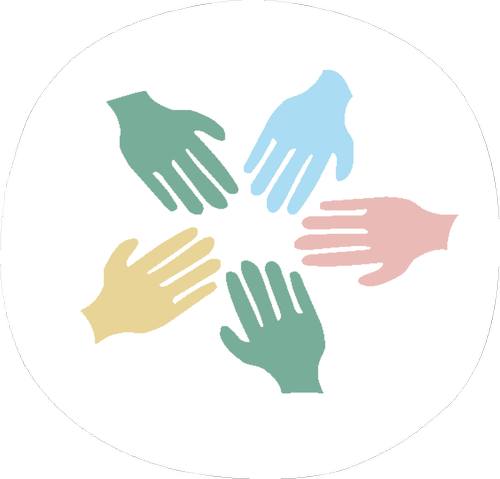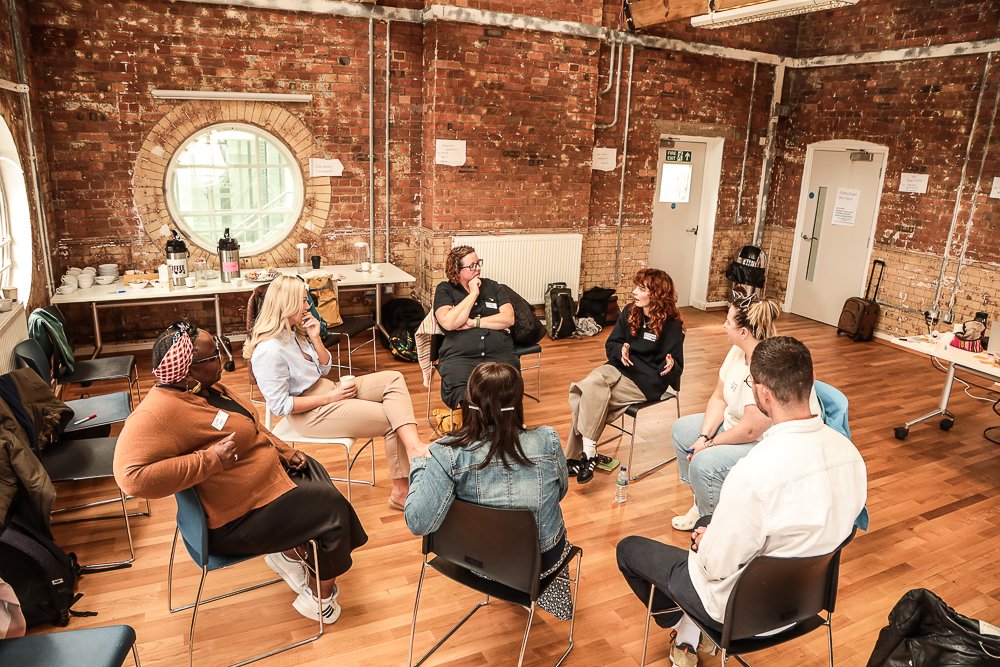An exploration of racialised experiences of marginalisationWhen a person, group or concept is treated as insignificant, inferior, isolated or unimportant., relational abuse and transgenerational trauma in interpersonal relationships and wider society. We will explore how these experiences can impact thoughts and feelings, and we will explore behaviours people use to cope. We will also briefly revisit ACEs and AttachmentThe forming of a significant emotional bond with another person. theory through the lens of raceThe concept of categorising people into groups that are generally linked to their own or their ancestor’s place of birth, usually defined by shared physical qualities, such as skin colour, nationality, and ethnicity. For example, Black, Asian, Aboriginal, African American, Native American, White, Māori, Pacific Islander, or other races. and ethnicityA group of people who choose to identify with each other based on shared attributes such as traditions, ancestry, language, history, culture, society, nation or religion. For example, Jewish, Hispanic, Latinx, Pakistani, Irish Traveller, Arab, or other ethnicities. Ethnicities can be chosen by an individual and can combine different aspects of an identity, such as Chinese Scottish. to become aware of possible strengths and limitations of these theories in relation to raceThe concept of categorising people into groups that are generally linked to their own or their ancestor’s place of birth, usually defined by shared physical qualities, such as skin colour, nationality, and ethnicity. For example, Black, Asian, Aboriginal, African American, Native American, White, Māori, Pacific Islander, or other races..


